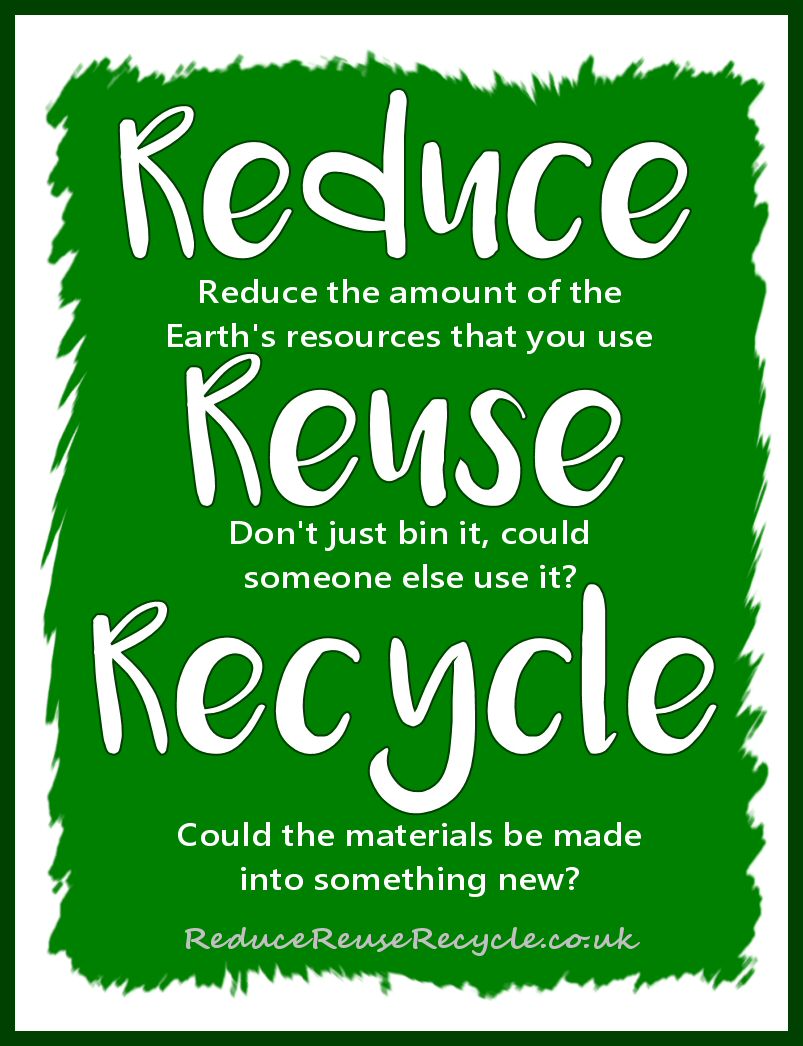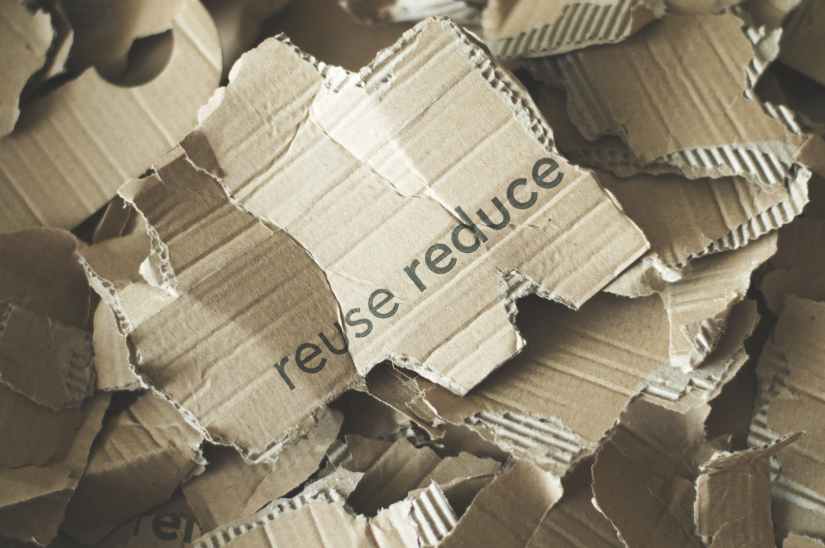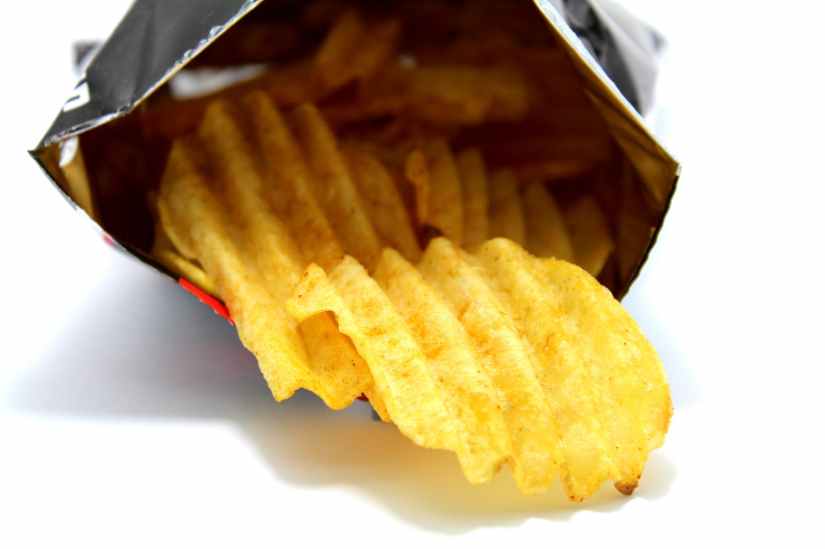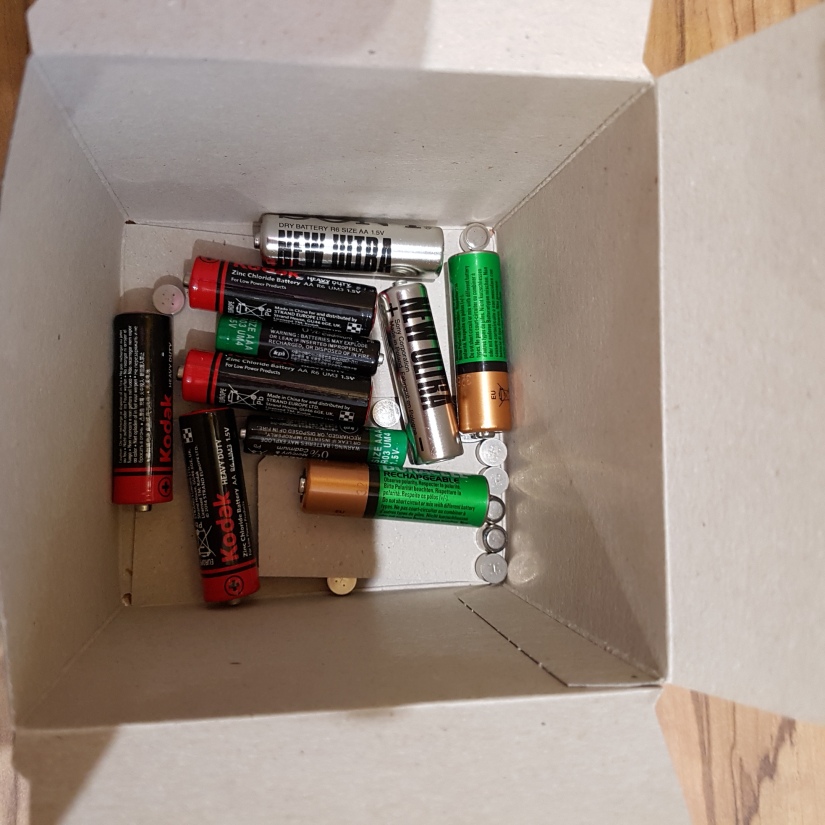Since starting my eco journey I have tried out a lot of new products, striving to make eco swaps where I can. My attitude towards products has changed dramatically over the last few months. Things I chose just because they ‘seemed’ to be a better option just didn’t live up to my expectations and I now feel the way in which I choose a new product is different. I feel more educated, harder to please and my expectations are just so much higher. Annoyingly this means my options have reduced and I am often left feeling there just isn’t a suitable alternative available. Manufacturers have so much work to do to make it possible for us to ever become zero waste. I hate settling, I want all my boxes ticked.
My ideal criteria is as follows:
- plastic free
- nasties free (i.e. naughty chemicals like parabens)
- fair trade
- sustainable
- organic
- not too expensive
- locally produced or available
- eco packaging (especially if being posted)
- convenient
- effective
- animal cruelty free
Frustratingly few products are any where close to what I want.
I have also come to the realisation that recycling is not the answer at all and actually have started to feel bad about how much plastic is in my recycle bin (even if the bottle is already made from recycled plastic and can be recycled again). Especially with reports that a lot of plastic we think is going to be recycled is actually being burnt, or worse shipped to other countries who we pay to burn it. Also plastic can not be recycled forever ,unlike metal for example. The more we recycle plastic the more it degrades and downcycles each time, meaning it has a very limited recycling life span (some times only once). Plastic never disappears, plastic does not rot or biodegrade instead it breaks down into microplastics that end up in the sea or in our food. The only solution is to stop making the stuff, which means I need to stop buying it and reduce the demand.
That is why we all need to think reduce, re-use, re-cycle. In that order, re-cycle is the last resort.

Something else I have been looking at is bulk buying. Everything I read states this is the more eco option. It would seem the main thinking about this is to reduce our carbon footprint with fewer journeys to the supermarket for example.
For me that rule doesn’t work, I know I will go to the shops every week regardless of how much I have bulk bought as I will always need fresh food, something I have forgotten or something I did not anticipate needing. I have been trying to get some concrete information on the eco cost of bulk buy packaging versus the packaging for individual items. In some instances it is obvious, for example buying separate cartons of juice versus one large carton (with no straws), pouring a glass at a time from the large container is better.
But what I want to know is am I helping by buying a huge bag of pasta wrapped in plastic versus a few smaller bags. How much plastic am I saving, if any? I suppose I would have to weigh the packets to get an answer on that. Some of the suppliers from whom I have been buying my new products, very helpfully provide full information on how they receive their supplies. For example my Denttabs provided by Plastic Phobia have been shipped to them in large paper/biopolymer bags and they then divide the tabs into separate brown paper packets which are posted to the consumer. Great but does the carbon footprint of posting those packets outweigh some of the good? Am I better off being the one who buys the huge bag from the supplier and then dishing them out to my friends by hand? It would be completely impractical for me to bulk buy everything without starting my own business and therefore having premises to store it all, I just want it to be easy. I just want to buy something without researching it and know it was the very best I could do but I also want our best to be better.
Why do suppliers make a an eco product then ship it in plastic or wrap it in brown paper and then seal it with plastic sellotape? In my opinion they should be thinking about every angle and make every part of the process as eco friendly as possible. I work in finance and we are strictly regulated on knowing who our suppliers and contractors are and what rules they are governed by even down to what third parties do they use. It is called due diligence, we don’t want to be involved in corruption or fraud regardless of how far down the supply chain it is. We have not just developed the idea of corporate responsibility in finance, we want to know things like where does our meat come from and even how the animal was treated. This kind of thinking should be applied to all services and every product. I struggle to make an informed consumer decision when I do not have all the facts, most companies have no idea of the true production journey of what they sell.
I also want to know some silly things like if I use a paper tissue to blow my nose am I better putting it in the bin or down the toilet? Is it possible for us to start using glass bottles for tablets again instead of plastic blister packets? Is there anyone within the NHS even looking at ways to reduce their one use plastic waste without it being a hygiene nightmare? I just want to know how to live day by day and help without doing a degree to understand it all.

I have come to realise that to be truly chemical, plastic free and to know my supply chain I need to make more things myself. So I am currently looking into the use of organic essential oils and other household staples such as baking soda and castor oil to make health, beauty and cleaning products. This is just proving to be another huge topic to get my head round.
We have become so reliant in such a short amount of time on convenience products like plastic and they have improved our lives dramatically but the cost is only now becoming apparent. And I feel like fixing the problem is going to take a lot longer than it took to create, such is life.
I will be following this rant post up with some product reviews, so please forgive my initial naivety with some of them. But all efforts at improvement are welcomed and not everyone will want to go to the far end of a fart trying to be green so some of the products may still appeal to you.










